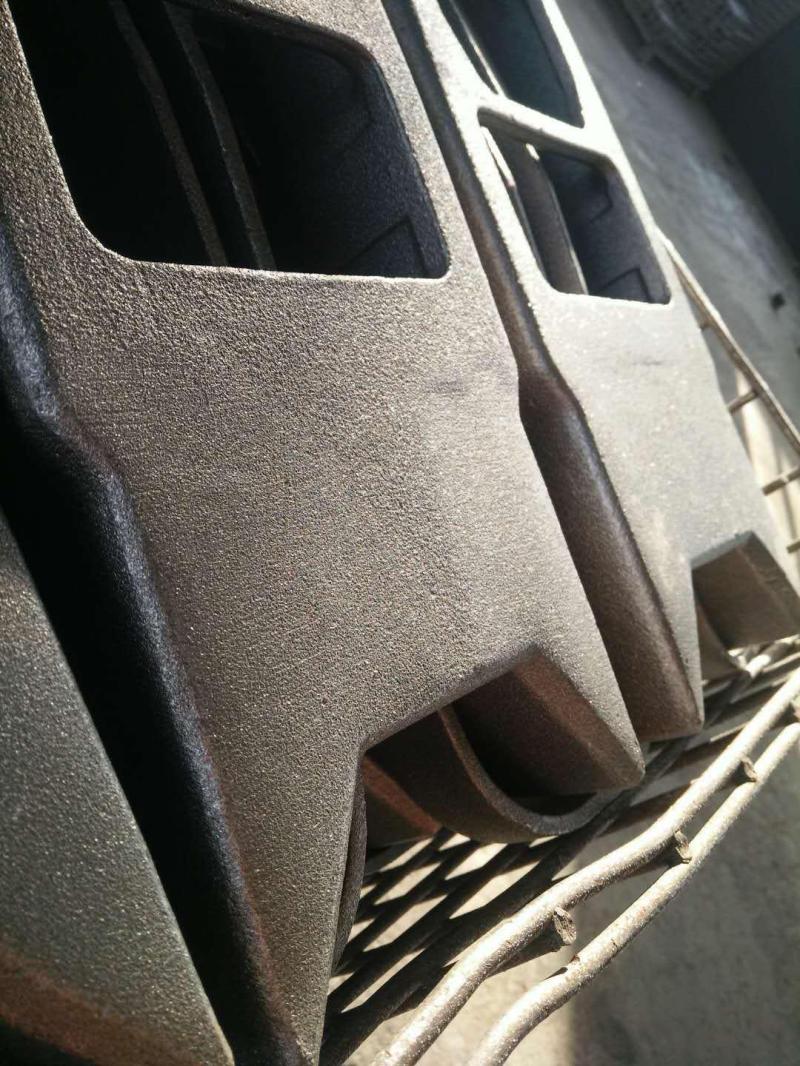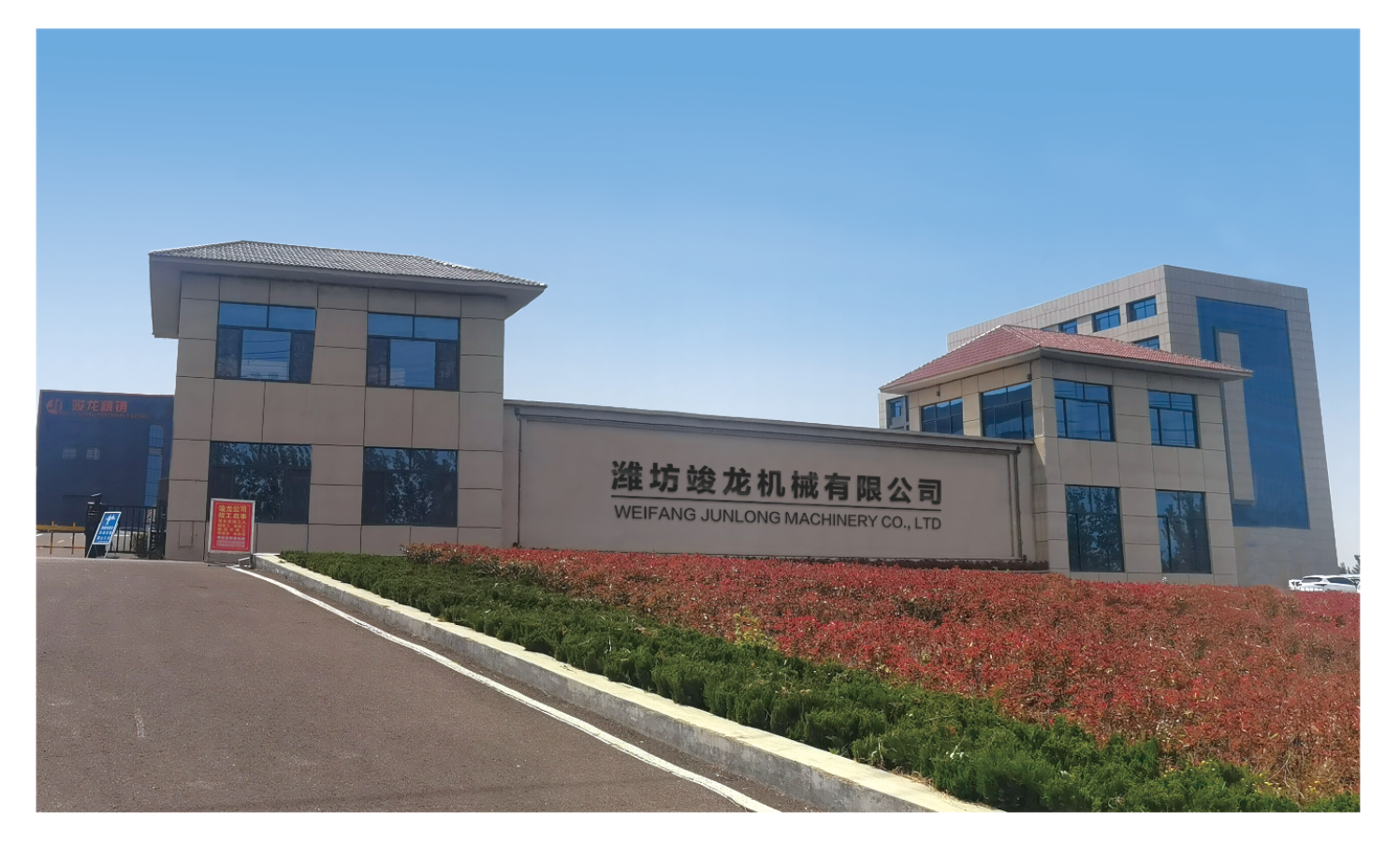What is a qualified precision casting?

What is a qualified precision casting?
Qualification standards for precision castings:
1. There are no sand oxide scales, flash edges and cast tumors on the surface of the casting.
2. If there are surface defects on the processing surface, the depth cannot be greater than 2mm.
3. If it is on a non-processed surface, the depth cannot exceed 1mm.
In addition, there must be no linear defects or cracks in any part of it. Precision castings can be considered qualified only if they meet the above conditions.

Precision casting, also known as investment casting, plays a vital role in the manufacturing of engineering machinery parts. This specialized casting process allows for the production of complex and intricate parts with high precision and quality.
In precision casting, a wax pattern of the desired part is created and coated with a ceramic shell to form a mold. The wax is then melted out, leaving a cavity in the mold. Molten metal is poured into the cavity, filling the space left by the wax pattern. Once the metal solidifies, the ceramic shell is broken away, revealing the final metal part.
One of the key advantages of precision casting is its ability to produce parts with tight tolerances and smooth surface finishes. This makes it ideal for creating components that require precise dimensions and intricate details, such as gears, valves, and brackets used in engineering machinery.
Furthermore, precision casting allows for the use of a wide range of metals and alloys, including stainless steel, carbon steel, aluminum, and titanium. This versatility enables manufacturers to select the most suitable material for the specific requirements of the part, ensuring optimal performance and durability.
Overall, precision casting is a crucial technology in the manufacturing of engineering machinery parts. Its ability to produce high-quality components with complex geometries and tight tolerances makes it an indispensable process in the construction and engineering industries. By understanding the intricacies of precision casting, manufacturers can ensure the production of reliable and efficient machinery parts for various applications.
